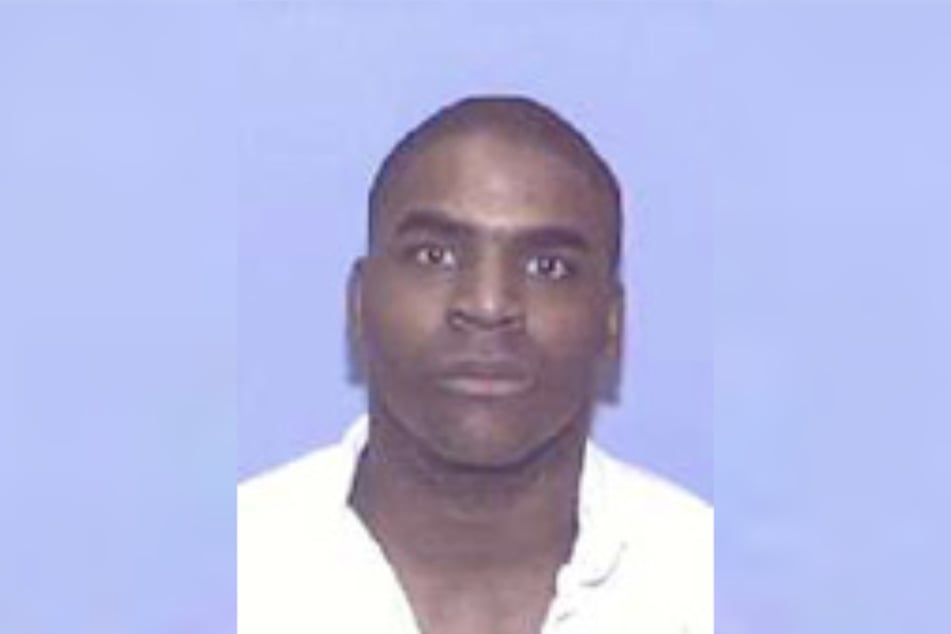Texas executes man despite heartbreaking plea for clemency from murder victim's sister
Huntsville, Texas – Texas executed a Black man named Quintin Jones on Wednesday. His lawyers are saying the inmate's pleas for life in prison were denied because of his race.

Quintin Jones was executed on Wednesday at the age of 41 for the 1999 murder of his 83-year-old great-aunt Berthena Bryant, the Texas Tribune reported. He was on heroin and cocaine at the time of the crime.
In 2001, Jones was sentenced to death in Texas, the state that carries out the most executions in the entire country.
Since the killing, Jones has expressed deep remorse and a commitment to being a positive force in his own and others' lives. He even reconciled with Bryant's sister and best friend, Mattie Long, who regularly corresponded and visited with him while he was in prison.
"Because I was so close to Bert, her death hurt me a lot. Even so, God is merciful," Long said, pleading for Jones' case. "Quintin can’t bring her back. I can’t bring her back. I am writing this to ask you to please spare Quintin’s life."
Jones' family and attorneys were hoping he would receive clemency due to the case's similarity to another where a white man on death row was granted life in prison. In that instance, the inmate, Thomas Whitaker, conspired with his roommate to kill his own mother and brother.
Governor Greg Abbott granted Whitaker clemency within an hour of his scheduled execution after the inmate's father pleaded for his son's life.
Federal judge denies claims of racism

"The lack of consistency in the application of grounds for clemency – where clemency was recommended and granted for Whitaker, who is white, and rejected for Mr. Jones, who is black – presents a legally cognizable claim that Mr. Jones’s race played an impermissible role in the Board’s denial of his application for clemency," Jones' lawyer said in a filing.
His lawyer also said that the jury in Jones' trial was misled into believing the man was a "psychopath" due to results from a test which has since been discredited.
A federal judge denied the attorney's claim, saying there was no evidence race played a role in the decision. The judge also pointed out that Jones was tied to two other murders, even though he was never convicted for those crimes.
Just days before his death, Jones told the New York Times: "If I do get clemency, I know that instead of dying on the 19th, I may die years later, but it won't be in the free world. It'll be in prison. And I can accept that because there's other avenues in prison that I can take to better myself and to better others along the way."
Nevertheless, Abbott declined to extend clemency, and in a departure from normal protocol, media were not allowed to witness the execution. Officials later said this was an error due to miscommunication.
"I would like to thank all of the supporting people who helped me over the years. I was so glad to leave this world a better, more positive place," Jones said before the lethal injection was administered.
Cover photo: Texas Department of Criminal Justice

